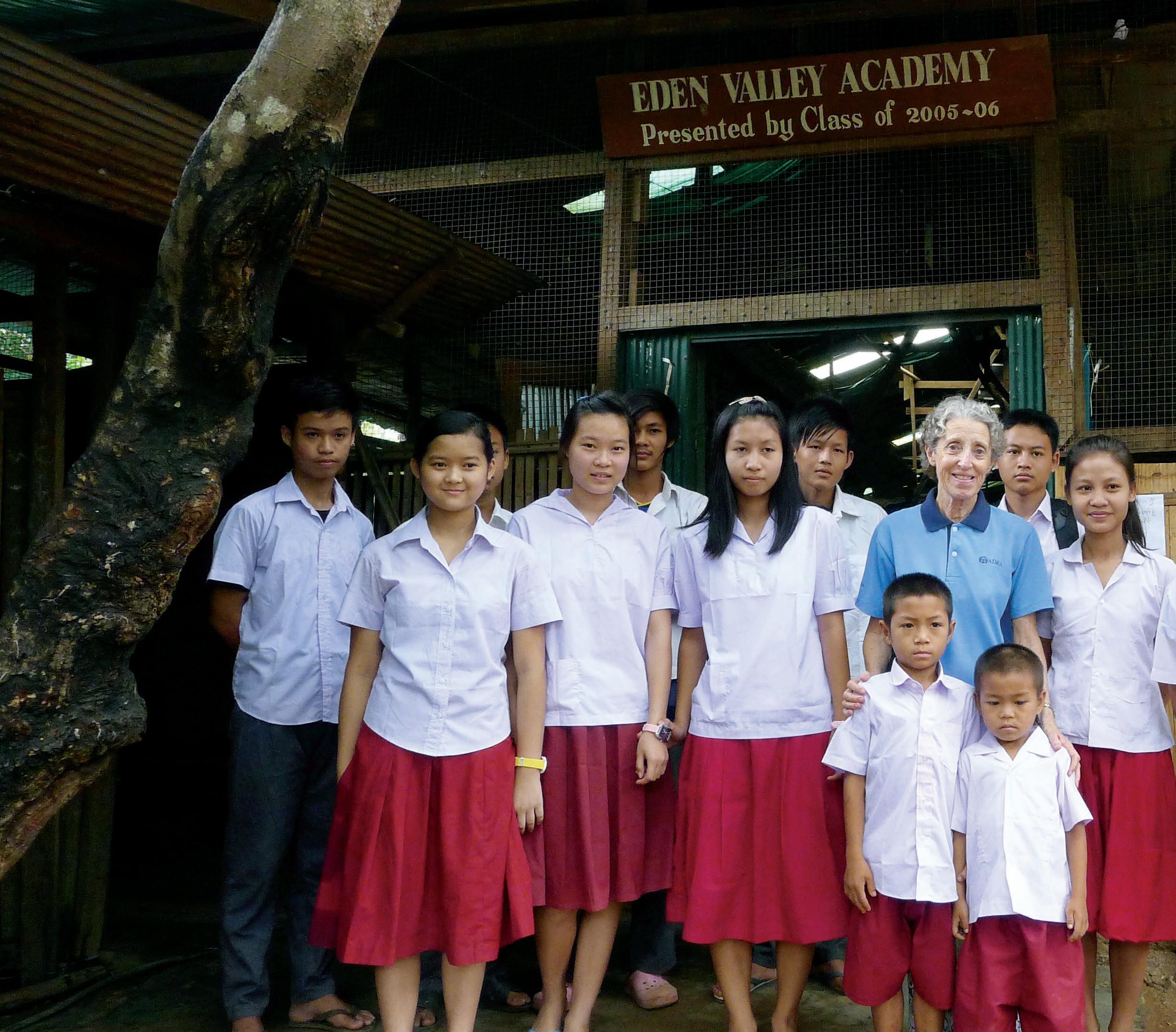EAST ASIA
Jesus and the Cycle of Samsara W Gregory Whitsett is the director of the Global Mission Center for East Asian Religions.
22
hen I am reborn in the next life, I plan to be a Christian again.” Khun Yai’s expression of devotion was unlike any I had ever heard, and I struggled to wrap my mind around it. The buildup to that declaration was this precious church member’s testimony, which she had delivered with a gleam in her eye. “Jesus is everything to me, and I tell everyone about Him.” She had gone on fervently, saying, “In fact, my family is sick and tired of me talking about Jesus. But I don’t care. Everyone needs to know Jesus.” I knew Khun Yai’s faith was genuine. She had come through many moving experiences, including freedom from spirits, and had studied the Bible at length with a pastor. Yet seeing her still obviously confused about truth, I recognized that I was witnessing, once again, a phenomenon that is far too common. Gospel workers—whether they be pastors, Global Mission pioneers, foreign missionaries, or local members— so often teach our Adventist beliefs from the Bible without fully understanding the power of worldview assumptions. Worldview isn’t a belief; it’s that which we know from experience without needing to take the time to think about it. For example, whether we know the word for it or not, we all know the
reality of gravity. In the presence of gravity, we’ve learned how to walk. But do we take time to think about gravity? No. Like gravity, worldview assumptions are things that we just know from the collective experience of our society and our own private lives. Khun Yai “knew” that samsara—the cycle of life, death, and rebirth—is the natural order of things. She had simply placed Jesus within her worldview. While those of us who know her have no doubt that Khun Yai is loyal to Jesus, we must understand her worldview as well as help her discern the Christian worldview by reinterpreting her experiences of life through the lens of Bible truth. To do this, we must be patient and work over a longer period of time than would be needed to simply review a baptismal pledge card. The Center for East Asian Religions (CEAR) exists to help gospel workers understand these problems and to coach them through the process of bringing people to the point of full conversion. The more our gospel workers use the tools we provide, the more our new disciples will enjoy a rich walk with Jesus and will understand how to cooperate with Him in their daily lives. For access to books, prayer resources, PowerPoint presentations, videos, and other training materials, visit CEAR.GlobalMissionCenters .org.














